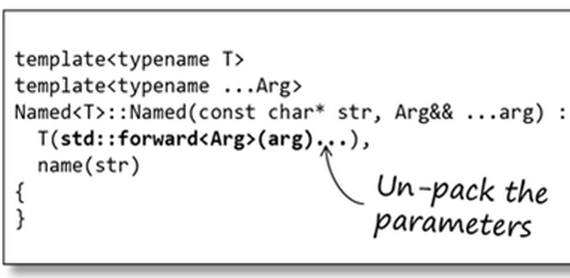Quick Q: Why can noexcept generate faster code than throw()? -- StackOverflow
Quick A: Because noexcept doesn't have to keep track of stack unwinding.
noexcept, stack unwinding, and performance
The following draft from Scott Meyers new C++11 book says (page 2, lines 7-21)
The difference between unwinding the call stack and possibly unwinding it has a surprisingly large impact on code generation. In a
noexceptfunction, optimizers need not keep the runtime stack in an unwindable state if an exception would propagate out of the function, nor must they ensure that objects in anoexceptfunction are destroyed in the inverse order of construction should an exception leave the function. The result is more opportunities for optimization, not only within the body of anoexceptfunction, but also at sites where the function is called. Such flexibility is present only fornoexceptfunctions. Functions with “throw()” exception specifications lack it, as do functions with no exception specification at all.In contrast, section 5.4 of "Technical Report on C++ Performance" describes the "code" and "table" ways of implementing exception handling. In particular, the "table" method is shown to have no time overhead when no exceptions are thrown and only has a space overhead.
My question is this - what optimizations is Scott Meyers talking about when he talks of unwinding vs possibly unwinding? Why don't these optimizations apply for
throw()? Do his comments apply only to the "code" method mentioned in the 2006 TR?

 Recently on StickyBits, a nice primer on variadics:
Recently on StickyBits, a nice primer on variadics: Bulldozer00's appreciation for Alex Stepanov's introduction for Bjarne Stroustrup at CppCon. We already linked to the video last week -- but if you didn't watch it then, do yourself a favor and spend 6 minutes now getting your workweek off to a great start.
Bulldozer00's appreciation for Alex Stepanov's introduction for Bjarne Stroustrup at CppCon. We already linked to the video last week -- but if you didn't watch it then, do yourself a favor and spend 6 minutes now getting your workweek off to a great start.